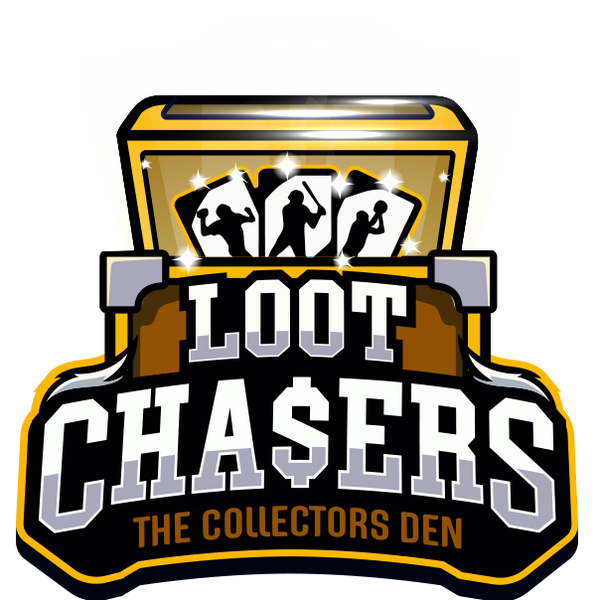Basketball has been a beloved sport for decades, captivating the hearts of millions of fans worldwide. Beyond the thrilling games and iconic moments on the court, basketball cards have emerged as a unique and potentially lucrative investment opportunity. In this blog, we will explore the exciting world of basketball card collecting and answer the pressing question: Are basketball cards worth money?
The Resurgence of Card Collecting
In recent years, there has been a resurgence in the popularity of sports card collecting, with basketball cards leading the charge. This revival can be attributed to several factors, making it an enticing investment option:
Popularity of the NBA
The NBA has a massive global fan base, and its superstars like LeBron James, Stephen Curry, and Kevin Durant have transcended the sport, becoming household names. The demand for cards featuring these players is higher than ever.
Rarity and Scarcity
Not all basketball cards are created equal. Limited-edition, rookie, and autographed cards are highly sought after, and their scarcity drives up their value.
Cultural and Nostalgic Appeal
Basketball cards evoke nostalgia for collectors who grew up with them in the '80s and '90s. New collectors are also drawn to the hobby, making it a multi-generational trend.
Accessibility
The internet has made it easier than ever to buy, sell, and trade basketball cards. Online marketplaces and forums connect collectors from around the world, increasing the liquidity of the market.
Understanding Card Values
Before diving headfirst into collecting basketball cards, it's crucial to understand how card value is determined:
Player's Performance
The most significant factor influencing card value is the performance of the player depicted. All-time greats and future Hall of Famers typically command higher prices.
Card Condition
The condition of a card is vital. Cards in mint or near-mint condition are more valuable than those with creases, corner wear, or discoloration.
Rarity
Limited-edition cards, rookie cards, and cards with low print runs are considered rare and tend to appreciate in value over time.
Autographs and Memorabilia
Cards featuring player autographs or pieces of game-worn jerseys are highly sought after by collectors and often command premium prices.
Popularity and Trends
Market sentiment and collector trends can also impact card values. Player trades, championships, and records can drive fluctuations.
Investing in Basketball Cards
So, are basketball cards worth the investment? The answer depends on your approach and expectations. Here are some tips for those considering entering the world of basketball card collecting as an investment:
Diversify Your Collection
Don't put all your money into a single card or player. Diversify your collection to spread the risk.
Research and Stay Informed
Keep tabs on player performances, trade rumors, and market trends to make informed buying and selling decisions.
Invest for the Long Term
While some cards may see rapid appreciation, it's generally wise to view basketball card collecting as a long-term investment.
Card Grading
Consider getting your cards professionally graded by reputable grading companies like PSA or BGS to ensure accuracy in their condition and maximize their value.
Buy What You Love
Ultimately, collect cards that resonate with you and bring joy. The hobby should be enjoyable, not purely driven by profit.
In conclusion, basketball cards can indeed be worth money, but success in this niche market requires a combination of knowledge, patience, and a love for the game. As with any investment, there are risks involved, but for those who approach it wisely, basketball card collecting can be a rewarding endeavor that combines passion with the potential for financial gain. So, whether you're a die-hard fan or a savvy investor, consider the world of basketball cards as a unique and exciting opportunity to score big in the world of sports memorabilia.

